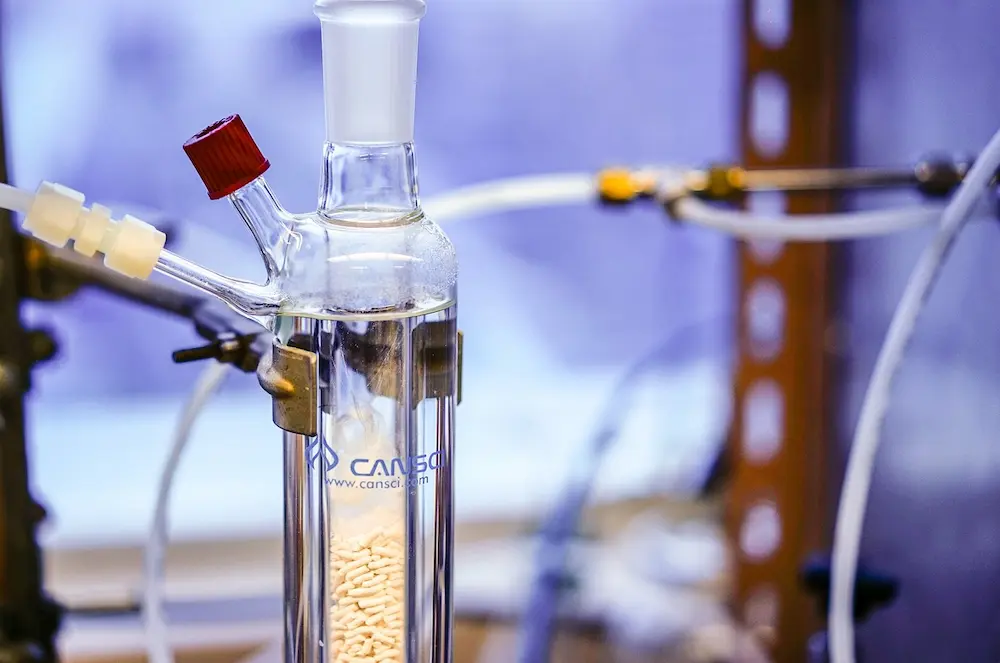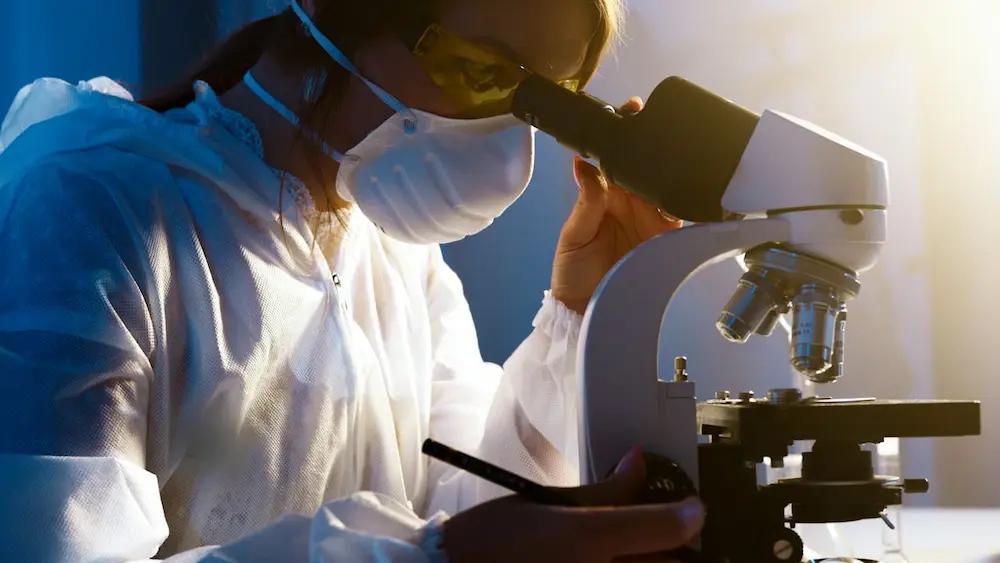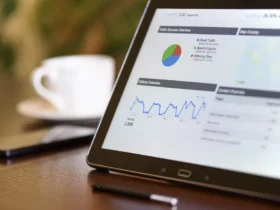In the dynamic landscape of laboratory equipment marketing, the key to success lies in the precision of audience targeting. The laboratory equipment industry is marked by its diversity, ranging from sophisticated analytical instruments to basic lab essentials. In this competitive arena, understanding the nuances of the target audience becomes paramount. Effectively reaching and resonating with the right audience can significantly impact the success of marketing strategies, fostering brand loyalty, and driving sales. In this article, we delve into the crucial importance of targeting the right audience in lab equipment marketing and explore how this strategic approach can be a game-changer for companies in the scientific instrumentation sector.
Tailoring Solutions to Specific Research Fields
One of the primary reasons why targeting the right audience is crucial in lab equipment marketing is the diverse nature of scientific research fields. Laboratories vary in their objectives, methodologies, and equipment requirements based on the industry they serve. For instance, a pharmaceutical research facility may demand specialized instruments for drug discovery, while an environmental testing lab may focus on equipment for pollutant analysis. To address this diversity, marketers must tailor their messaging and product offerings to align with the unique needs of each research field. A one-size-fits-all approach is not only inefficient but can also alienate potential customers who feel their specific requirements need to be understood. Successful marketing strategies involve thorough market research to identify the distinct needs of various research fields, allowing companies to develop targeted campaigns that speak directly to the concerns and priorities of their audience.
Building Credibility through Industry-Specific Expertise
In scientific instrumentation, credibility is a currency that holds immense value. Laboratories and research institutions are more likely to invest in equipment from companies that demonstrate a deep understanding of their specific industry challenges and requirements. Therefore, targeting the right audience involves showcasing industry-specific expertise. This can be achieved through content marketing, such as whitepapers, webinars, and case studies, that highlight a company’s in-depth knowledge and innovative solutions tailored to the challenges faced by its target audience. By positioning themselves as industry thought leaders, companies not only enhance their credibility but also build trust among potential customers. In an environment where precision and reliability are paramount, establishing trust through targeted marketing efforts can be a decisive factor in securing a competitive edge.
Leveraging Digital Platforms for Precision Targeting
In the age of digital marketing, precision targeting has reached new heights, allowing companies to reach their exact audience with unprecedented accuracy. Leveraging data analytics and advanced targeting tools, companies can ensure that their lab equipment marketing campaigns are seen by the right eyes. Social media platforms, for example, provide opportunities for highly targeted advertising based on factors such as research interests, industry affiliations, and job roles. By utilizing these platforms strategically, companies can not only increase the visibility of their products but also engage with their audience in meaningful ways. Additionally, tracking and analyzing the performance of digital campaigns enable marketers to refine their strategies continually, ensuring that their messaging resonates with the specific needs and preferences of their target audience.
Revolutionizing Science Education with Innovative Tools
In the realm of laboratory equipment marketing, companies that create and manufacture award-winning, hands-on science education tools play a pivotal role in shaping the future of scientific inquiry. These tools, ranging from Wireless Temperature Sensors to Thermal Expansion Apparatus, serve as educational catalysts, providing students with practical experiences that enhance their understanding of complex scientific concepts. Notably, the integration of data logging solutions in these educational tools facilitates a more interactive and engaging learning environment. For instance, the Wireless Temperature Sensor, a hallmark in modern science education, not only introduces students to the principles of thermodynamics but also aligns with the broader trend of incorporating technology into the classroom. By targeting educational institutions, these companies contribute to the holistic approach of fostering interest and proficiency in science from an early age, laying the foundation for future scientists and researchers.
In the intricacies of lab equipment marketing, adherence to regulatory standards is a critical aspect often overlooked but essential for success. Laboratories operate under strict regulations to ensure the safety and reliability of experiments and research. Targeting the right audience involves not only understanding the scientific needs but also navigating the complex landscape of compliance. Marketers must be well-versed in the regulatory requirements governing specific industries and ensure that the promoted lab equipment meets or exceeds these standards. This approach not only instills confidence in potential customers but also mitigates the risk of legal complications. In a field where precision is paramount, ensuring that lab equipment complies with regulatory standards becomes a key factor in establishing trust and credibility within the target audience.

Fostering Collaboration through Networking
Effective lab equipment marketing extends beyond the digital realm, emphasizing the importance of networking and collaboration within the scientific community. By participating in industry conferences, workshops, and trade shows, companies can directly engage with their target audience, gaining valuable insights and establishing personal connections. These events provide a platform for showcasing the latest advancements in lab equipment, gathering feedback, and understanding the evolving needs of the scientific community. Networking opportunities enhance brand visibility and create a space for collaborative ventures and partnerships. Building relationships with researchers, scientists, and decision-makers within the industry can lead to mutually beneficial collaborations, further solidifying a company’s position as a trusted provider of cutting-edge lab equipment solutions.
In the intricate dance of lab equipment marketing, precision, and targeted approaches are the pillars of success. Tailoring solutions to specific research fields, showcasing industry-specific expertise, leveraging digital platforms for precision targeting, revolutionizing science education, navigating regulatory compliance, and fostering collaborations through networking collectively contribute to a comprehensive and effective marketing strategy. By recognizing and addressing the unique needs of their audience, companies in the scientific instrumentation sector can carve out a niche for themselves, fostering long-term relationships and sustainable growth in this dynamic and competitive industry.









